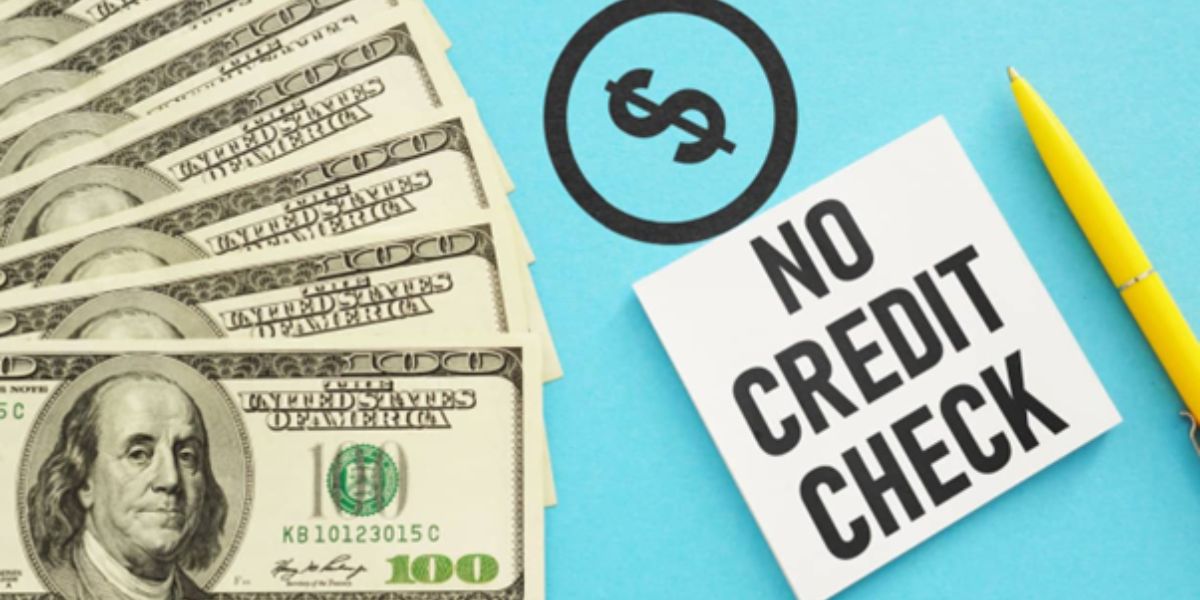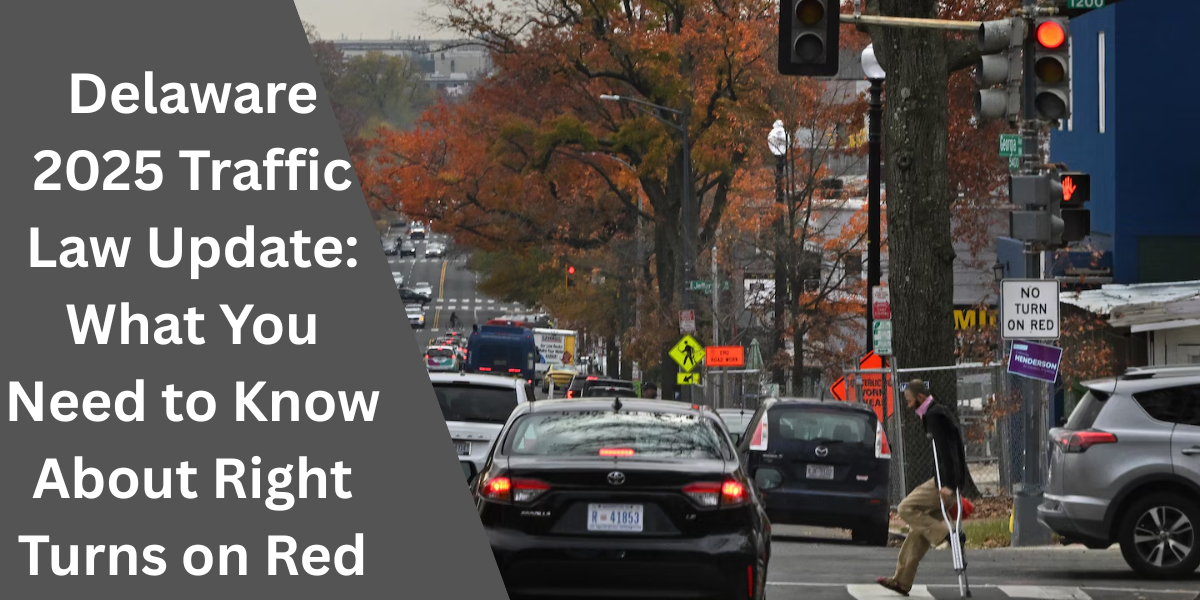The bill includes changes to the Supplemental Nutrition Assistance Program (SNAP), which feeds over 41 million individuals, lowering the SALT cap, changes to Medicaid, and the implementation of energy tax credits. The federal government of the United States intends to implement a series of social policies in order, according to them, to relieve Americans.
This is a package of measures that make up the proposal the One Big Beautiful bill, driven by Donald Trump and his administration. These measures have been strongly criticized, since they do not imply an economic stimulus but rather the opposite.
Lowering the SALT cap, increasing energy taxes, changes to health insurance (Medicaid) or changes to the SNAP programs are some of these. The latest assistance programme announced is the Stimulus Bonus. These are $1,000 bonuses offered to eligible families to encourage motherhood. Do you think it makes sense to cut welfare and give $1,000 to high-income families?
Social assistance in the US
Currently, many US citizens are subject to social assistance programs. However, due to inflation and the delicate economic situation that the country is going through, Trump and his administration do not stop making cuts. Its main priorities are spending on Defense and immigration policies. That is why they decide to cut social welfare expenditure on which millions of people in the country depend.
Citizens currently have access to assistance such as:
- Supplemental Nutrition Assistance Program (SNAP). More than 41 million people are fed thanks to this aid.
- Medicaid. The medical insurance that covers in case of illness.
- SSI. Economic aid for pensioners and disabled people.
- SSA grants. Grants depending on need and criteria.
Trump eliminates aid
The Republican President believes that reducing costs and eliminating some of these aids is the best way to help people. It is for this reason that a proposal has been submitted to the Senate with the following changes:
- Reduce the Supplementary Nutrition Assistance Programme (SNAP). According to the President of the US Chamber of Representatives, cuts in this measure are necessary to reduce fraud. The government wants each state to take charge of its own funding, leaving millions of people without access.
- Reduction of the tax deduction limit (SALT). This will only benefit high-income families.
- Changes in Medicaid health insurance. It is the only way for citizens to be treated in case of illness or emergency.
What do these measures mean for low-income and more vulnerable families? This has been the main cause of tension inside and outside the Senate. According to CBO, “The agency estimates that in general, resources would decrease for households toward the bottom of the income distribution, whereas resources would increase for households in the middle and top of the income distribution”.
$1,000 Stimulus Bonus
One of the most controversial measures is the distribution of $1,000 cheques to citizens. This measure is part of the One Big Beautiful Bills package, disavowing the rumor that the amount would be $5,000. What does it consist of? This is an economic incentive for families who want to bring a child into the world. How do you get it? It must meet several requirements:
- Child born between 1 January 2025 and 31 December 2028.
- Must be a US citizen.
- Both parents must have a social security number.
Meeting these requirements, he could access a “Trump account,” through which to save throughout his life, with periodic income not exceeding $5,000. According to Donald Trump, “It’s a pro-family initiative that will help millions of Americans harness the strength of our economy to lift up the next generation, and they’ll really be getting a big jump on life”.
States like New York have wanted to implement a similar measure with the Bonus BABY. Bonds of $1,800 for low-income families who have had a baby and are already on welfare.
The problem to be addressed is the declining birth rate and parents’ concern about the cost of parenting. The State intends to solve it with meagre incentives after birth, when the reality is that couples can barely afford basic expenses such as housing or food.




